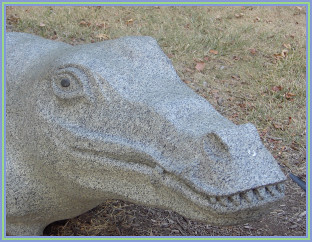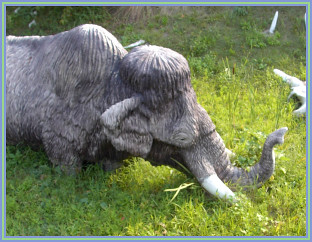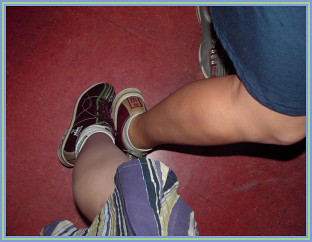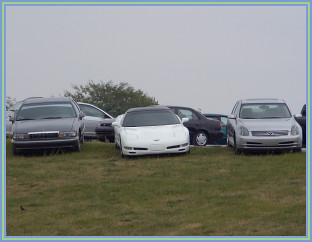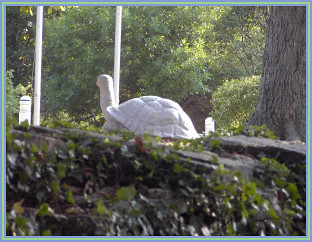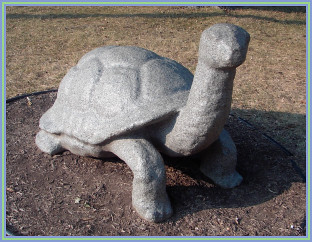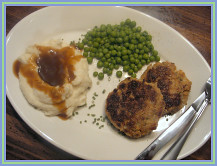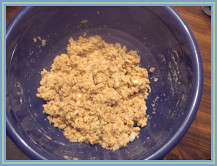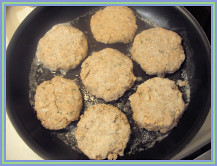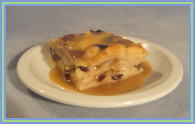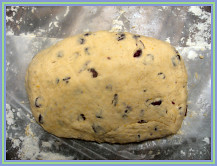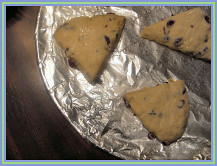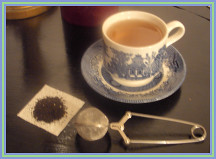I grew up in a small, country town. We had more cows than people. Our high school always supported Bring Your Tractor to School Day. We went fishing at the local park for entertainment, and many students always hung out at the local car wash (because there was nowhere more appealing).
I grew up bouncing from social group to social group. The problem was that I never really fit in anywhere. I wasn’t athletic, so I didn’t fit in with the jocks and popular girls. I didn’t have a passion for music, so the band kids never accepted me. The farmers didn’t relate to me because I didn’t raise crops or livestock. And, the other groups just didn’t seem to want me.
I became a floater. I drifted along, all the while, trying to gather and maintain a stable friend base. It wasn’t until my senior year of high school that I finally convinced myself that I had friends. They were punks. They valued themselves as rebels, living on the cusp of society. They drank, smoked pot, cranked up heavy metal music, and loved anything artistic. They were bonded together through rebellion.
And, I wanted to revolt with them. I tolerated anything they did because I felt like they were my only chance at ever being appreciated. I also drank. I also smoked a few joints. I also rebelled.
It would take me a few years before I would realize that none of us were actually leading a revolt. We had never formed unique identities, and we were never attempting anything revolutionary.
“We never formed unique identities.” That’s important. It’s important because at this point in my life I wasn’t actually unique. I didn’t know who Erina truly was. All I knew was that conforming to the group made me feel like somebody. Little did I know, compromising my soul for a few friends was hindering me from finding out about the woman that was breathing just below my flesh.
Besides, most of the people I knew weren’t actually friends at all. We all just played Leap Frog together. We’d constantly jump over one another, always trying to stay in the lead. We were all bitter. We were all hurting inside.
I never stood up for myself. Not then. I’ve always been a feminist. Or, at least, I’ve always claimed to be a feminist. I don’t think I actually realized what it meant to be a feminist until I attended fashion school. At first, being a feminist was just chic. It made me feel like I was part of something bigger and more important than myself.
When I was young, if I had understood the importance of being a feminist, I would have never let myself get involved with the troubles I did. I never would have let anyone talk down to my female friends. I would have never let any man threaten or hit me. And, most importantly, I never would have stood for the words “make me a sandwich.”
They seem harmless, don’t they? Those words: “make me a sandwich.” These words were spoken to me constantly. The male members of my (so-called) friends would utter these vile syllables to me almost every day. It was their joke. That’s what they said. A joke that I should tolerate, or else be accused of being uptight.
But, these words did hurt me. I don’t think I was being uptight by disliking the words. Those words, spoken in the tone they used, said to me that I was of no use except for providing them with their dinner. I’m not sure if they realize it (and they’d probably deny it), but they said those words to me because it gave them power. It placed me a step lower in the cultural hierarchy.
It made them appear more important.
Now, I was reduced to a task. No longer could I claim feelings, intelligence, or ambition. I was simply a tool. All women were tools. Women were cast down from the ranks of humanity and placed among slaves. They were not as good as men. They lacked all privileges and rights that men were granted.
That is what those words told me.In Nazi Germany, political cartoons were often drawn of Jews. The artists would almost always stress the size of the illustrated Jew’s nose. Therefore, readers could make distinctions, and, depending on their race, would be able to find humor in what would be considered a ridiculous, odd, or humorous appearance.The same principal was applied to African Americans. Historically, African Americans were often drawn with large, protruding lips. White Americans could see the distinction from themselves, and therefore, Caucasian individuals could find humor in the black person’s over exaggerated physical features. These images were offered in the society they originated from so that hierarchies could be defined.
Why is this so different from the way women have been portrayed? Is it fair that the majority of images you see of women are comprised of a beautiful housewife, complete with perfect posture and a gorgeous home? Women are almost always visually portrayed as homemakers or sex objects. In
Images of cultural ideals are offered to society in order to define roles. These are often gender roles. Once gender roles are defined, a sexual hierarchy is established.
When a teenage girl hears the words “make me a sandwich,” she is taught that she is to serve. Every time a woman looks at a Skye Vodka add she is taught to be a sex object. If a woman turns on the Style Network she is bombarded with images of crafty women, dazzling beauties, and cooking cuties. Each of these images is an exaggeration. They are examples of cultural ideals. Thus, they are never able to be achieved, and perfection must always be strived for. Women are taught that real women can do all of these things. While there are movements attempting to inspire women (i.e. Tyra Banks’ “So What?” Movement), the majority of images presented by the media show the perfect female. She is tall, slender, breathtakingly beautiful, an excellent cook, a proper housekeeper, and has curve in all the right places. Furthermore, she will make you a sandwich. Not because she wants to, but because it’s her duty.
So I ask you, what should be done to destroy this cultural stereotype and give women the freedom to be imperfect? Can stereotypes even be destroyed? Should women accept their position in the cultural hierarchy or should women (and men) fight to see that both sexes are portrayed a bit more fairly? Should anyone even care?
I open this Friday Debate up to all of Into the Inkpot’s readers, and look forward to all responses.

 Thank you, Rolando. I appreciate my awards. They have made me feel closer to the blogging community. You are a great friend, and I hope that you and I remain blogging buddies for a long time.
Thank you, Rolando. I appreciate my awards. They have made me feel closer to the blogging community. You are a great friend, and I hope that you and I remain blogging buddies for a long time.
